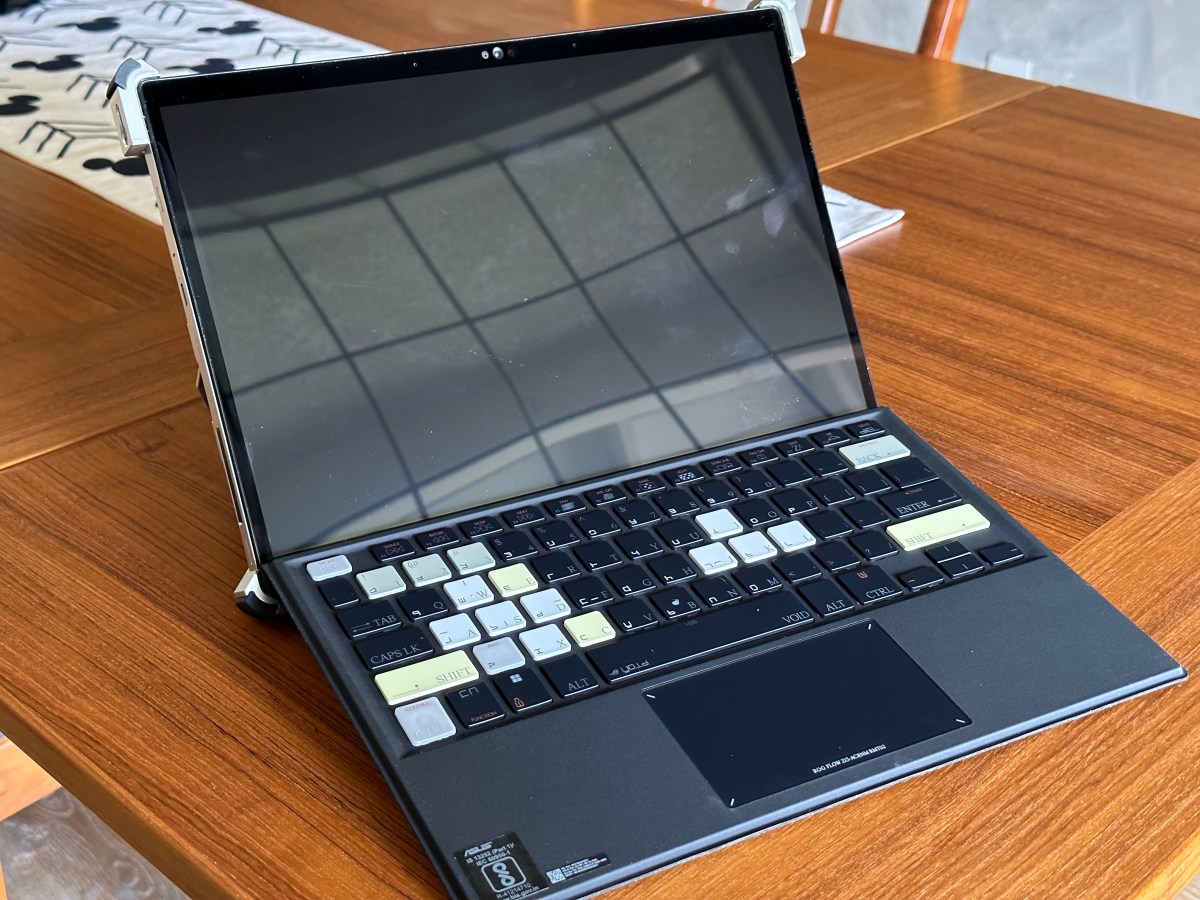A co-lead on Sora, OpenAI’s video generator, has left for Google | TechCrunch
One of the co-leads on OpenAI’s video generator, Sora, has left for Google.
Tim Brooks, who was heading development on Sora with William Peebles, announced in a post on X this evening that he’ll be joining Google DeepMind, Google’s AI research division, to work on video generation technologies and “world simulators.”
“I had an amazing two years at OpenAI making Sora,” he said. “Thank you to all the passionate and kind people I worked with. Excited for the next chapter!”
The news comes as Sora, which has yet to be released, reportedly suffers from technical setbacks that position it poorly against rival systems from Luma, Runway, and others. Per The Information, the original system, revealed in February, took more than 10 minutes of processing time to make a 1-minute video clip. OpenAI is in the process of training an improved Sora that could quickly make clips, according to the publication.
Google has its own video generation model, Veo, that it unveiled this spring at its annual I/O developer conference, and which will soon come to YouTube Shorts, YouTube’s short-form video format, to let creators generate backgrounds and six-second clips.
Aside from tech-related hurdles, OpenAI has appeared to cede partnership ground to video generation challengers in recent months. Earlier this month, Runway signed a deal with Lionsgate, the studio behind the “John Wick” and “Twilight” franchises, to train a custom video model on Lionsgate’s movie catalog. Roughly a week later, Stability, which is developing its own set of video generation models, recruited “Avatar,” “Terminator” and “Titanic” director James Cameron to its board.
OpenAI was said to be meeting with filmmakers and Hollywood studios earlier this year to demo Sora, and the company has teamed up with a number of independent directors (and some brands) to showcase the system’s capabilities. However, OpenAI has yet to announce a long-term collaboration with a major name.




